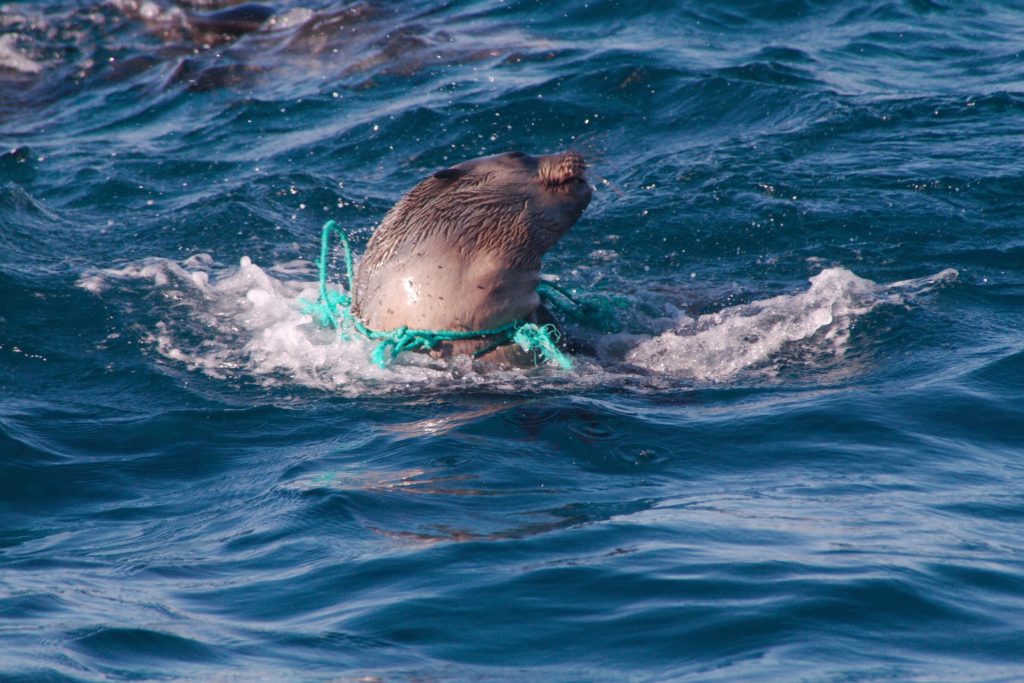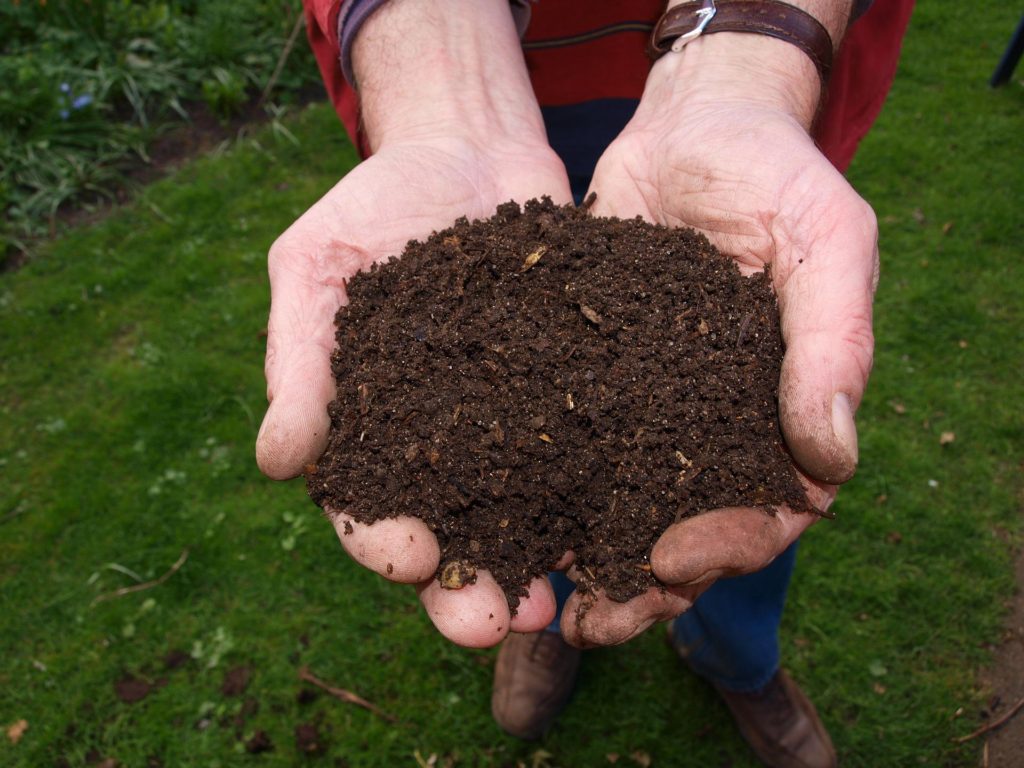Cape Cod homeowners: we all must deal with our share of garbage. It’s an inevitable part of life on the Cape. But what should you do with it? Where can you put it? And how can you make sure it doesn’t become a major headache? Read on for some tips on dealing with garbage on Cape Cod. Trust me, it’ll be worth your time.
There are two ways to dispose of garbage on Cape Cod: carry the trash to the dump yourself or hire a hauling service to do it for you. Both options cost money, and at the end of the day, you end up paying the same amount for either option. The hauling services on the Cape charge ‘summer rates’, so you can save money by not having to purchase a year-round dump sticker. For seasonal residents, I recommend going with a hauling service.
Reduce the volume of waste you produce
Reducing waste essentially means reducing volume. Cape Cod garbage is stored in landfills; therefore, reducing the volume of your trash extends the lifetime of the landfill. Reducing volume is relatively simple. You should break down cardboard and paper boxes whenever possible. Install a trash compactor in your kitchen if you can. If not, you can use the old-fashioned trash compaction method: place your dominant foot into the garbage can and use your body weight to compact the pile of garbage. Jumping up and down if you are able helps enormously. You will be surpised how much you can reduce the volume of garbage this way.

Recycle what you can
All 15 Cape Cod towns have recycling programs. I suggest you go to your town’s website for specific instructions. Josy and I live in Yarmouth, where we are not required to separate recyclables; however, we are asked to break down cardboard boxes and dispose of them separately in the Yarmouth dump. Some towns distribute the characteristic blue bins for recylables. Paper, plastic, glass, and most recylable bottles can be placed in these bins.
Compost your organic waste
Organic waste accounts for much of the total waste produced on Cape Cod. Josy and I don’t throw away our eggshells or coffee grounds (and we generate disproportionally large amounts of both!) We use them as garden compost, although we do not have a dedicated compost bin. Many of our neighbors on Cape Cod are prolific composters, and they report substantial reductions in their total waste volume.

Dispose of hazardous materials responsibly
Hazardous waste is not as dangerous as it sounds. Most such waste requires no special handling; however, it must be disposed of properly to avoid releasing toxic substances into the environment. Flat screen televisions may not appear to be sources of hazardous waste, but they contain compounds that must be disposed of in dedicated facilities. Cape Cod hunters should know that spent ammunition constitutes hazardous waste and must be picked up and disposed of appropriately. Finally, unused medications are potential hazards and must not be thrown out with the regular garbage.
Educate yourself and others about proper garbage disposal
There are several resources you can use to educate yourself and your potential renters regarding garbage disposal on Cape Cod. The best resource your local town’s website. All 15 towns in Barnstable County publish their own garbage disposal requirements. You can call or email any of the excellent hauling services as well. Finally, for hazardous waste, your best resource is the Cape Cod Cooperative Extension (capecodextension.org).
We hope you feel empowered to act after reading this post. It can be daunting to think about the amount of waste we produce daily and how it affects our planet, but by following some simple tips and tricks, we can all make a difference. Remember, we’re here to help so don’t hesitate to reach out if you have any questions or concerns. Let’s work together to keep Cape Cod clean! Call Rob at 339-221-4702 or email rob@libertysiqueira.com



Recent Comments